Self Evaluation
Personality: Who are you really?
Everyone must critically assess themselves to become the best leader they can be. Self-evaluation is essential for growth because it helps you reflect on your strengths and weaknesses, leading to better decision-making and goal setting. Understanding your personality traits allows you to leverage your strengths. The personality sheet is designed to help you understand your unique traits.
Assets: What has worked, and not worked for you in the past?
Conducting an asset assessment is vital for achieving goals because it helps you identify and leverage your strengths, resources, and capabilities, increasing your chances of success. The assets sheet helps you outline these positive traits and resources while also identifying weaknesses to either avoid or improve.
Vision: What do you want your life to be?
A personal vision statement gives you a clear sense of purpose, guiding your decisions and actions to align with your long-term goals and values. The vision organizer sheet helps you shape and document your vision for regular review, ensuring your actions stay aligned. You can create multiple vision sheets for different timeframes, such as yearly, five-year, or lifelong goals.


